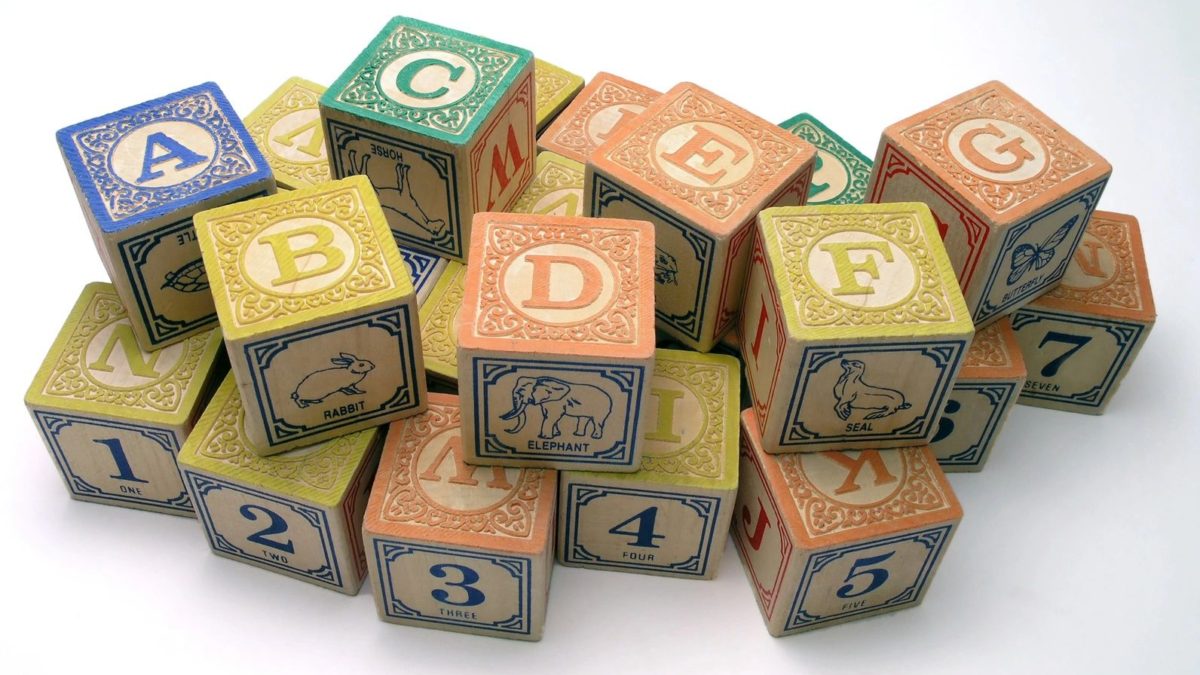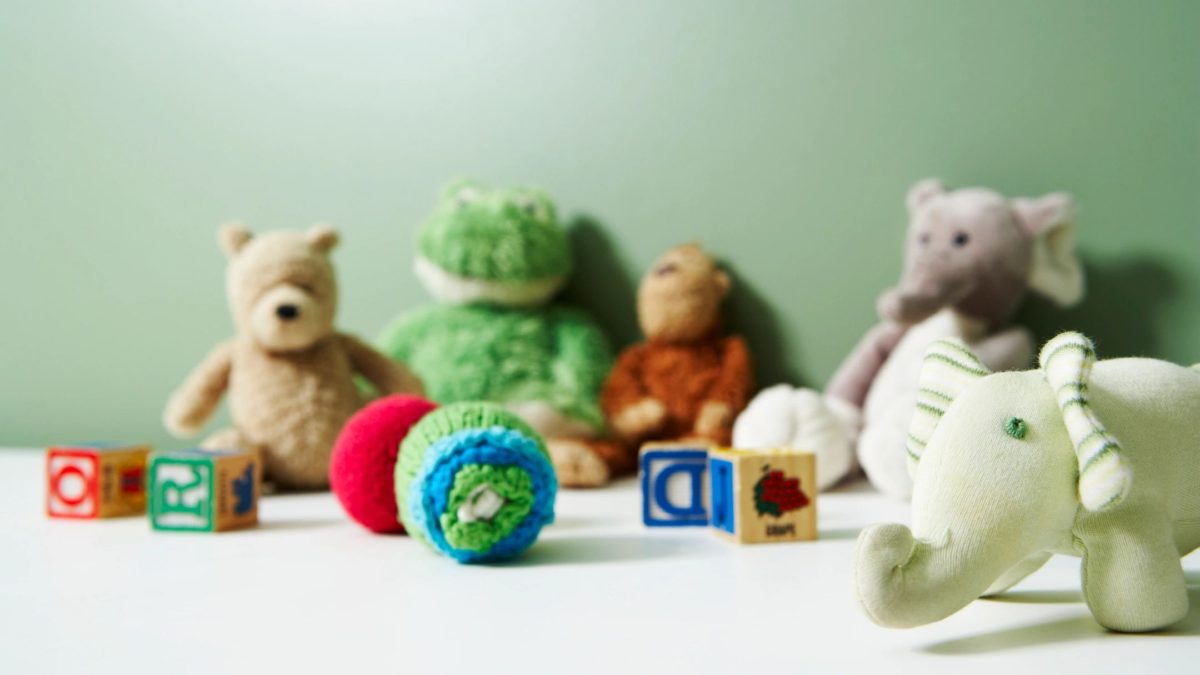Young children are developing all the time. They’re learning social skills, cognitive function, motor skills and of course are learning academic things at school. They’re learning at home as well as at school, and as a parent, you can help them to learn without realizing they’re learning. Educational toys and games have improved a lot over recent years, so your child can play and have fun at the same time as increasing their knowledge.

1 – 12 Months Old
Children can start to benefit from educational toys almost from birth. Before the age of one, focus on sensory play. This helps your child to begin to develop hand-eye coordination and they’ll enjoy the interaction with you too. Problem-solving toys can work too, and teach cause and effect. For the first year toys like mobiles, soothers, stackers or blocks, crawl around learning centers and anything with lights or sounds can be great to catch their attention.
12 – 24 Months Old
Once they reach a year old, your child will start to become more mobile. You can introduce toys that teach balance and coordination and encourage them to explore with their newfound mobility. Add in learning numbers, or use themed playsets to help them develop recognition skills. These toys also help with language development if you use them to reinforce the names of shapes and colors. Try push cars, stride and ride toys, walkers, themed toys and themed books.
2+ years
As your child becomes more active, you can start to introduce toys that encourage physical play. Remember to include teaching them about safety when showing them how to use toys like tricycles, so they know how to stay safe while they play.
Two years old is also a good place to bring in toys that boost cognitive skill-building. Give them toys that help them with practicing writing and their small motor skills. Games and books can be used to develop name recognition and literacy skills. Reading together is an ideal way to do this.
You can also build literacy skills as children get older by bringing in word games. Once they can read and write, even classic games like Scrabble can help with spelling and word recognition. To help, you can use tools like these 7 letter words to learn new words and recognize anagrams.
Good examples of helpful education tools for children aged two and over include tricycles, basketball hoops, t-ball stands, bowling sets, kinetic sand, drawing easels, ‘see and say’ games and books, magnetic building blocks or counting toys.

Using play as part of your child’s say is of course fun for them, but it can also be beneficial for their growth and development. Invest time into finding toys that will build their skills and encourage play with you and independent play to build different skills. If they’re playing with you, they’re building social skills too, so try to get involved as much as possible. Learning through play is effective, as well as being great fun for everyone.
















